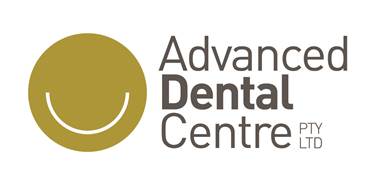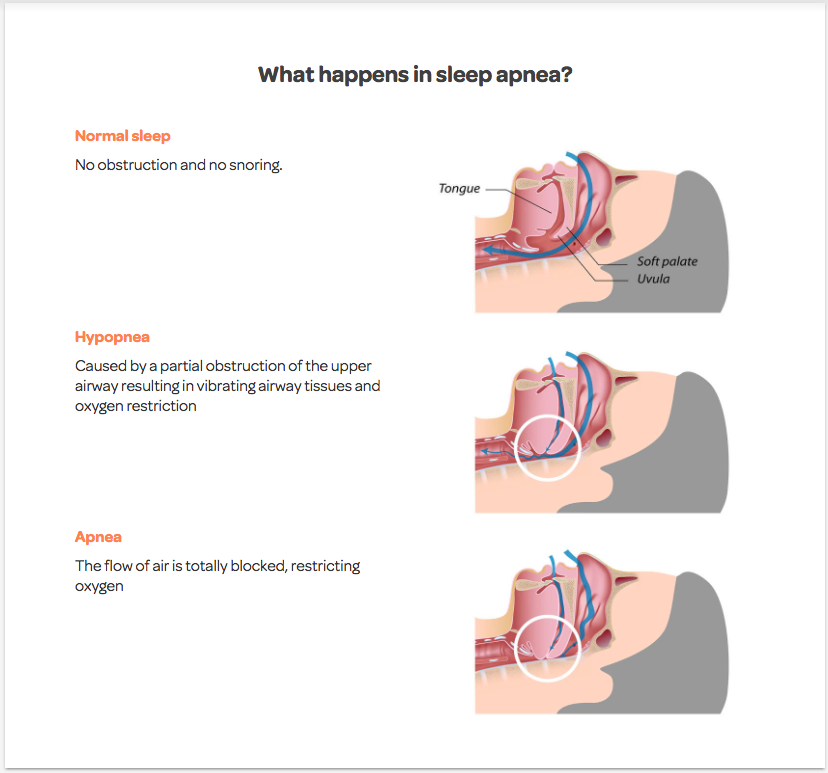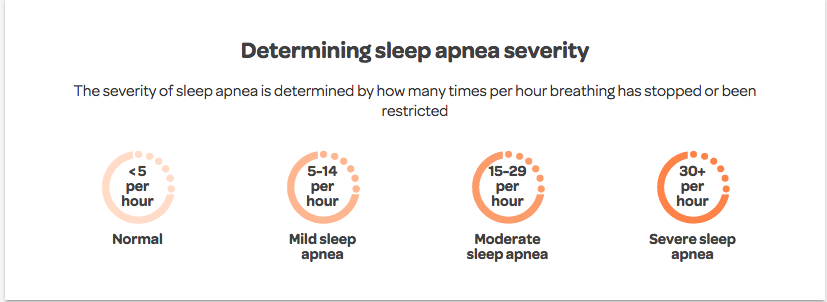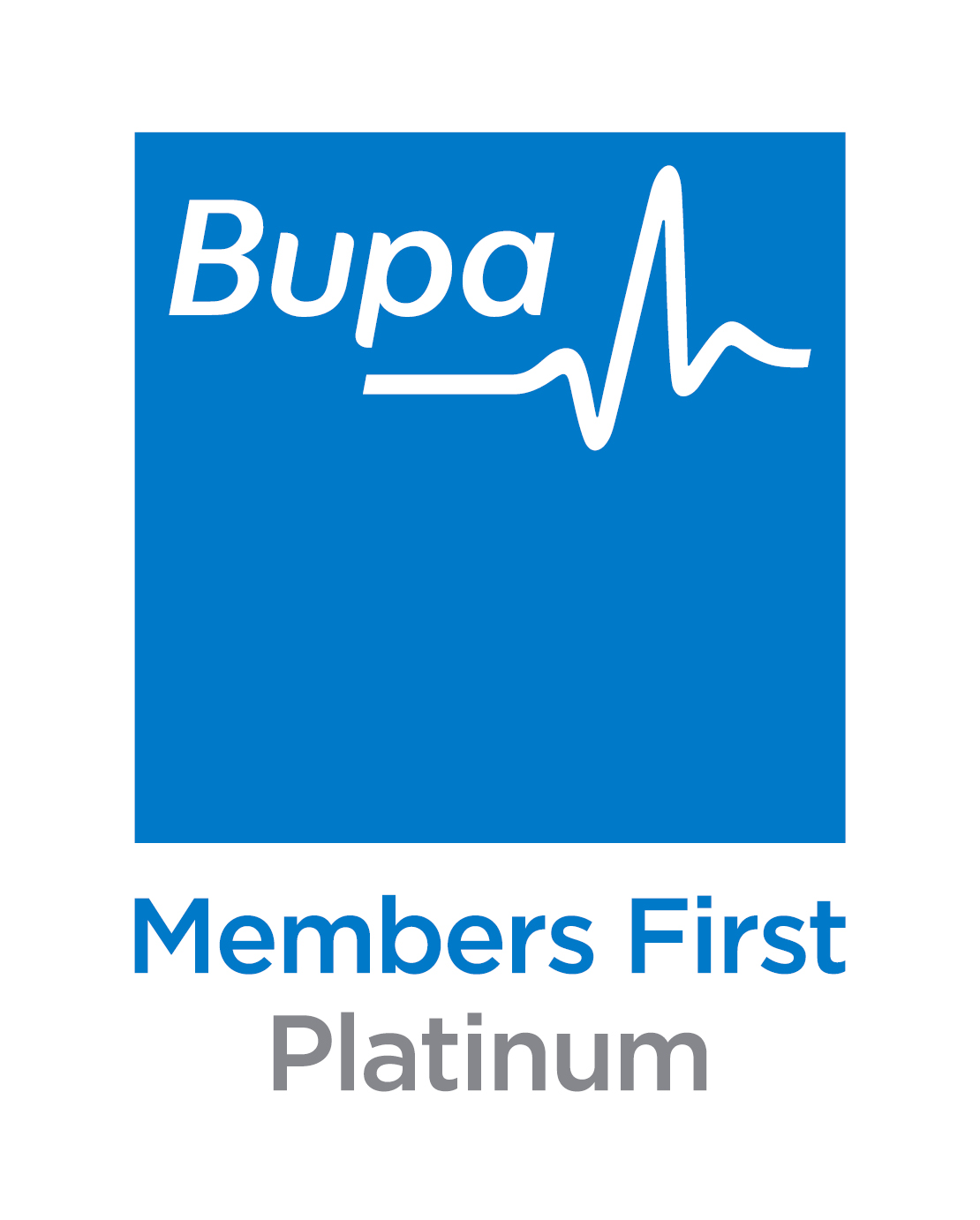What is Sleep Apnea and How Can You Treat it?
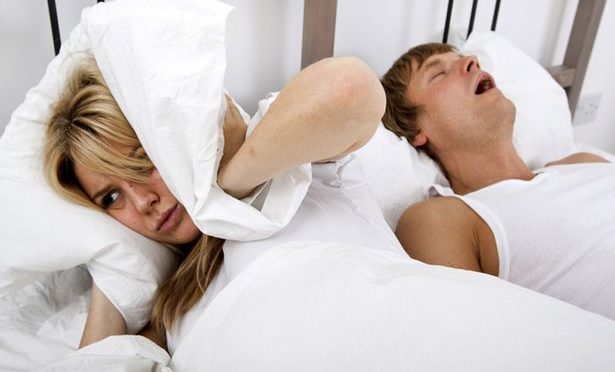
It’s not uncommon for people to snore, however, severe snoring and difficulty breathing when you sleep can be a sign of something more serious.
In Australia, more than 1.5 million Australians suffer from some form of sleep disorder. It’s also estimated that up to 80% of people with a sleep condition remain undiagnosed. Sleep apnea is one of the conditions that are particularly prevalent among Australians.
What is Sleep Apnea?
Sleep apnea is a potentially dangerous sleep disorder that causes people to repeatedly stop and start breathing as they sleep. Sufferers will usually either stop breathing entirely (apnea) or have restricted breathing (hypopnea). This can happen hundreds of times a night, depending on the severity of the condition.
Each time a person’s breathing is stopped or impaired, the body starts to be starved of vital oxygen, which increases the prevalence of carbon dioxide in the blood. This lack of oxygen in the body is what signals your brain to get your body to start breathing again.
Common symptoms include:
- Snoring
- Waking up feeling fatigued
- Regularly falling asleep during the day
- Suffering headaches, especially in the morning
- Feeling irritable
When left untreated, sleep apnea can cause fatigue and a range of other medical conditions, like obesity, heart disease, and even diabetes. It’s also commonly associated with the following conditions:
- Increased heart rates
- High blood pressure
- Weight gain or loss
- Reduced liver function
- Nerve dysfunction
- Severe fatigue, even after long periods of sleep
Sleep Apnea Risk Factors
Some people are more at risk of developing sleep apnea than others. For instance, men are more at risk than women, especially those who are over 45 and are obese or overweight. In a study completed by Sleep Solutions, 92% of males within this category who were tested were diagnosed with sleep apnea.
This figure is consistent when compared to the results found on both men and women who were obese, with 86% of the people in this category being diagnosed. People who suffer from depression, Type 2 Diabetes and any form of cardiovascular disease also fall into the higher risk category.
Oral Treatments That Can Help Sleep Apnea Patients
A lot of people don’t realise that your dentist can assist both with the diagnosis and treatment of sleep apnea. Snoring is often one of the biggest indicators of sleep apnea, as well as morning headaches and dry mouths.
When these symptoms are identified and discussed with us, we’ll be able to help determine whether or not your snoring is caused by sleep apnea, as well as assist with the treatment of your condition. Oral appliances can often be used to treat snoring and moderate sleep apnea by positioning the jaw and tongue to increase the volume of airflow and prevent soft tissues in the mouth from collapsing.
Oral appliance therapy can help you sleep more comfortably, without the hassle of wearing a CPAP mask that involves machines, tubes and ties.
If you’re having issues with snoring, are experiencing a dry mouth, or have been diagnosed with sleep apnea and are looking for a comfortable treatment option, talk to one of our dentists about our oral therapy options today!
Archives
- October 2018
- April 2018
- March 2018
- January 2018
- December 2017
- November 2017
- October 2017
- August 2017
- July 2017
- September 2016
- July 2016
- June 2016
- May 2016
- April 2016
- August 2015
- May 2015
- March 2015
Recent Posts
- Common Dental Problems In Adults
- A Sensitive Teeth Survival Guide
- Do You Suffer From Bad Breath?
- What is Sleep Apnea and How Can You Treat it?
- 4 Myths About Baby Teeth Busted
